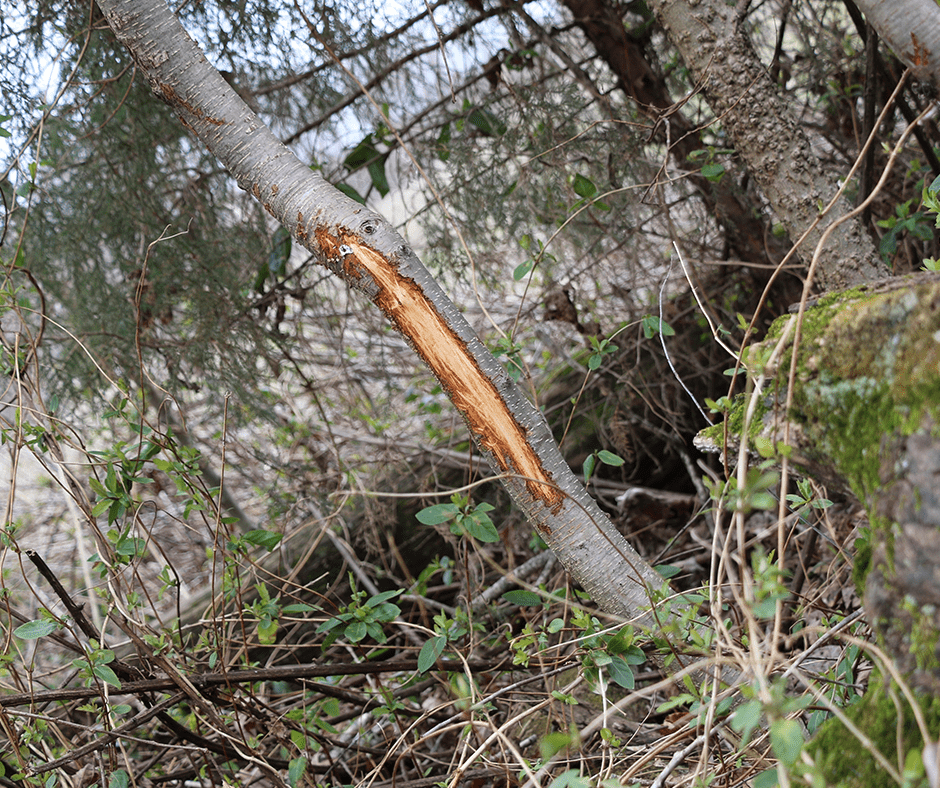Learn the truth about these common hunting lease myths.
Gravel pops as you pull into the drive and scan the land in the distance. Your breath catches as you see what just might be the best-looking piece of hunting land you’ve ever seen. Walking into the property, deer sign is everywhere, and a few bucks jump up to boot. Obviously, it hasn’t been hunted in decades. This is your new hunting lease, and it seems to be the best hunt of your life.
Unfortunately, some hunters don’t see a hunting lease for what it is, which is opportunity. Instead, they hold fast to big misconceptions about hunting leases.
1. Hunting leases are too expensive for the average hunter.
Some might think that hunting leases are too expensive for most modern hunters. While the average costs of leases do rise with demand and inflation, these are still very affordable.
Fortunately, through Base Camp Leasing, virtually all hunters can find a hunting lease that fits their budget. Depending on the region, state, county, acreage, and quality of ground, you might even be able to secure a property for under $1,000.
Otherwise, some personal budgets allow single hunters or families to secure a lease. Many leases fall within the budget windows of middle-class Americans. Even those that are out-of-reach for a single payer, most leases allow multiple hunters on the same lease. This lowers lease costs per person and gives hunters access to larger properties they otherwise couldn’t afford.
For example, consider a 50-acre lease in Ohio. One hunter might be able to afford the $1,500 lease payment to secure it. But with a hunting partner in an equivalent financial situation, they could secure a 100-acre lease for $3,000 (total). Tack on a third hunter and land a lease in that 150-acre-tract range (or slightly more).

2. Hunting leases take away hunting land from hunters.
Another common misconception is that hunting leases take away land from existing hunters already hunting there. By principle, with how Base Camp Leasing operates, that simply isn’t true.
Base Camp Leasing seeks out landowners who never would have thought about leasing their land for hunting. Oftentimes, before enrolling in the Base Camp Leasing program, these pieces of land were not open to hunting. Because of this, Base Camp Leasing is actively working to open new hunting land to hunters. Therefore, the agency is increasing the volume of acres available to hunters, effectively creating hunting opportunities that otherwise wouldn’t exist.
3. Putting in all the work to hunt a lease can be futile, as you never know when landowners will drop out of the program.
Some hunters believe that putting significant amounts of work into a hunting lease is all for nothing. They believe the risk of losing the lease is too great to invest time, energy, and resources into leased ground. That’s a poor and incorrect mindset, though.
Sadly, for those with the finances to buy land, land ownership is the best option for year-over-year retention of hunting rights. That said, most hunters can’t afford to buy hunting ground. It’s no longer a reality for the average American hunter. A lease gets hunters into good, or even great, hunting land at a fraction of the cost of land ownership. Oftentimes, they keep it long-term.
Incredibly, Base Camp Leasing’s average landowner has been with the business for more than five years. As a Base Camp Leasing lessee, with its contractual template, you have the first right of refusal (or renewal) to lease the property in consecutive years.
This makes it possible for hunters to maintain control of a property over the course of years, if not longer. This affords them the ability to effectively manage a deer herd, even without owning the ground. Allow bucks to reach older age classes. Manage does for balanced buck-to-doe ratios. Implement great food plot and feeding programs (where legal). These things and more are possible with a long-term Base Camp Leasing agreement.

4. Quality deer are never shot on leased hunting ground.
The misconception that big, old deer don’t live on hunting leases is false. In fact, quality deer are shot on leased hunting ground. Some might argue that much of the best hunting land that’s owned or leased long-term offers far better hunting than those that aren’t.
From personal experience, the lands I’ve leased (and therefore controlled the hunting rights) have been far better than other pieces of land that I merely had permission to hunt. The reason for this is because other hunters had access to those same permission properties. I couldn’t control the human intrusion or hunting on those lands, and deer were significantly more pressured than ground I leased.
Furthermore, thousands of Base Camp Leasing members shoot big lease-property deer every year. Of course, most hunters do not like to publicize where their harvests took place. Even so, we get pictures every year showing their successes.
5. Hunters don’t appreciate leases as much as owning their own land.
Some hunters believe it’s impossible to appreciate a lease as much as owning their own land. And while there is more pride associated with holding the deed to a property, that isn’t possible for all hunters.
Plus, even those who own their own hunting land oftentimes choose to lease additional ground. Sometimes, they can find and secure land that offers better whitetail herd age structures, better antler genetics, unique hunt settings, and more, by leasing land that isn’t their own.
Additionally, contrary to misconception, nearly all Base Camp Leasing hunters are true conservationists and take land management seriously. As hunter-conservationists who subscribe to the North American Model of Wildlife Management, they cherish the responsibility of improving deer herds and leaving the landscape better than they found it. They know the truth and misconceptions about hunting leases.

Leave A Comment